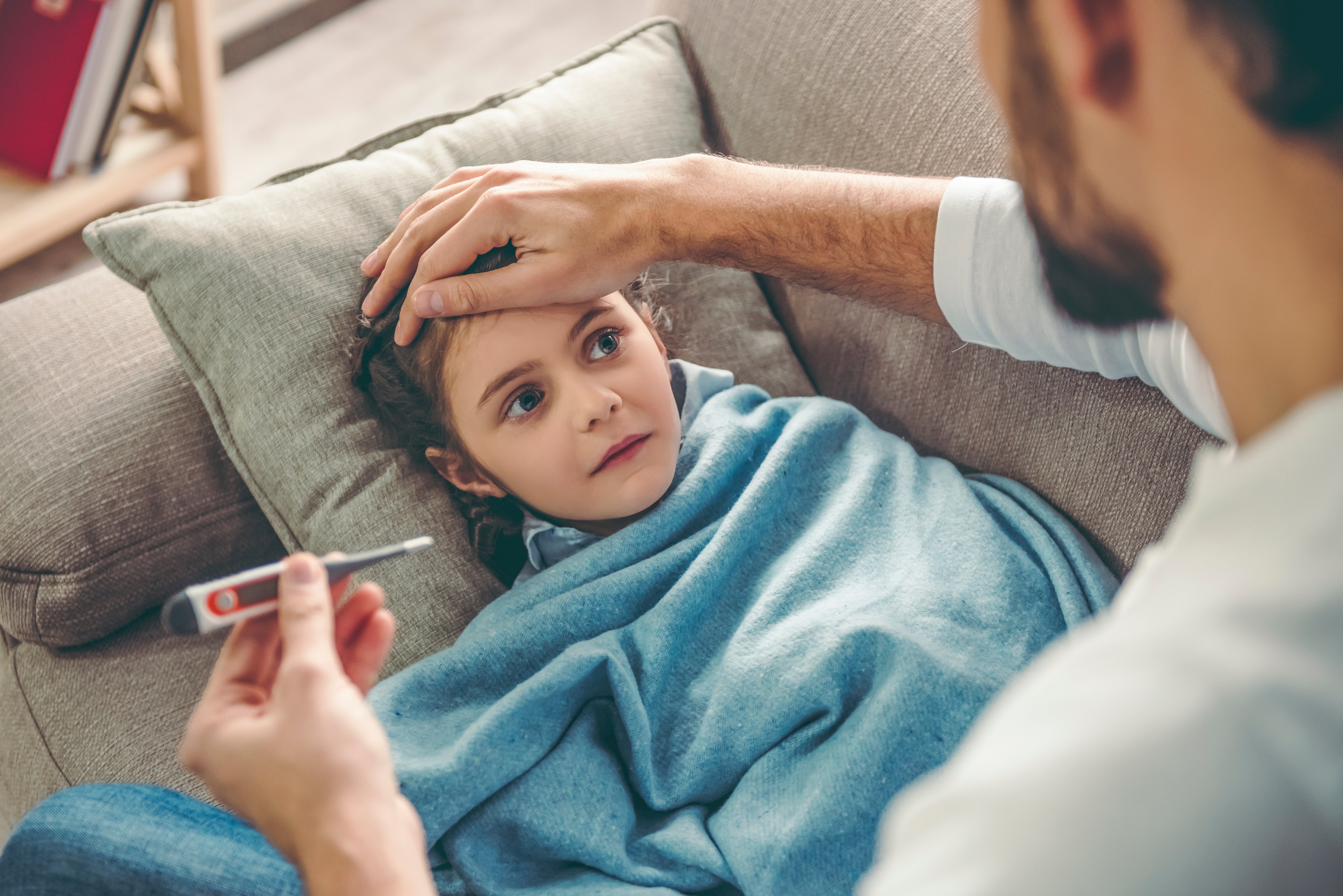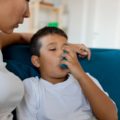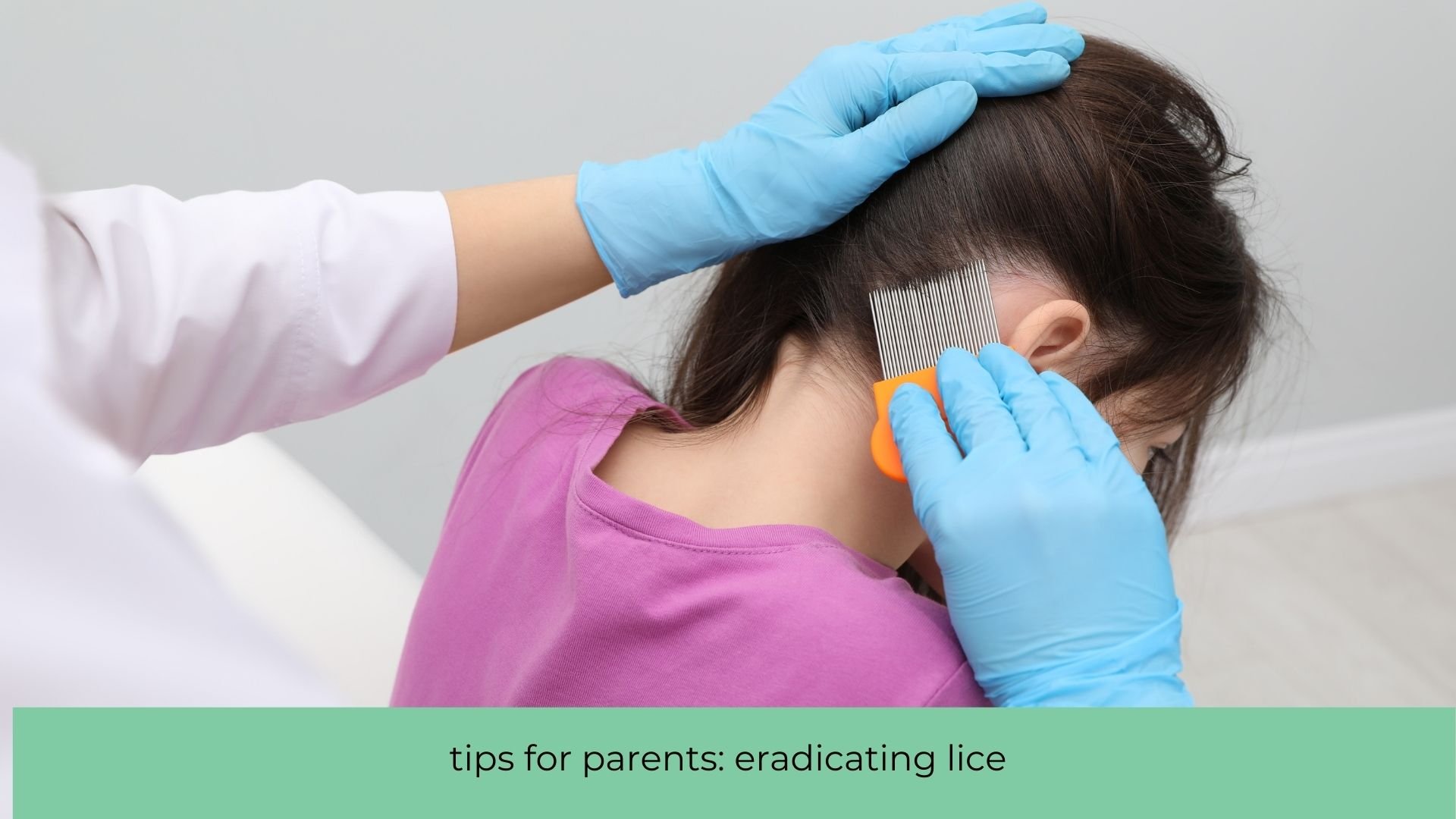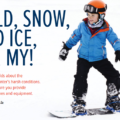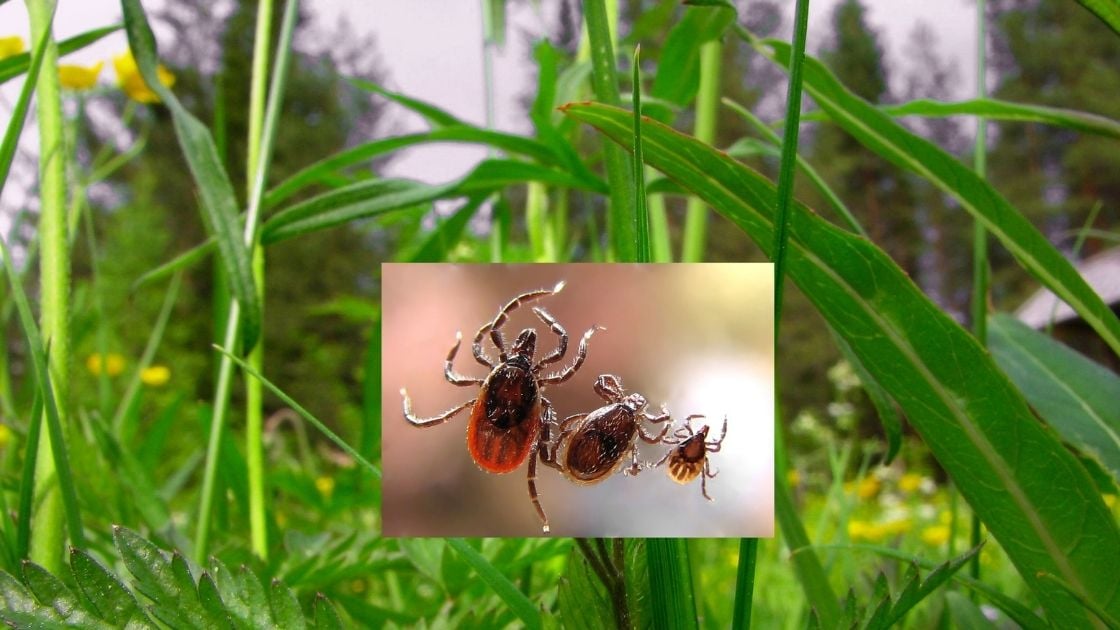Q: We all have colds (again). How can we keep our household from being constantly ill?
A: Viral upper respiratory illnesses (colds) are par for the course here in Minnesota.
Your child starts to sniffle, and before you know it, the whole family is sick. Most “colds” start with nasal congestion and a sore throat and then move into a cough that can last for a few weeks. Fevers, defined as higher than 100.4 degrees, typically occur during the first one to three days of the cold.
If a fever starts further into the course of the illness, there’s a chance it could be a secondary bacterial infection such as an ear infection or pneumonia, on top of the viral cold. Fevers are the body’s natural way to fight infection and will not harm your child.
However, if a fever concerns you or lasts more than three days, contact your child’s doctor. Any child with breathing problems (sustained faster breathing with tummy movement and pulling around the ribs) needs to be seen by a doctor.
Also note that because viral illnesses are caused by a virus (and not bacteria), antibiotics won’t help — and could hurt — your child. But your child’s doctor can help you make this diagnosis and support your family through the illness, so it’s worth making an appointment.
Here are some ways to treat colds — and, perhaps, prevent an endless cycle of sickness:
TREATMENT
- Avoid overusing medication: Use acetaminophen — or, for ages 6 months and older, ibuprofen — only if your child has a fever AND is uncomfortable. You can also place a cool washcloth on the forehead or feet.*
- Drink up: Kids who are sick won’t eat much, but it’s important to keep them drinking fluids.
- Manage breathing: Congestion can make sleeping, eating and breathing (especially through the nose) a challenge. Most kids don’t like nasal saline (saltwater) rinses, but it can be worth the effort with toddlers, and older children can learn, too. Start nose washes one to two times per day with the first sign of nasal congestion. For older children, a hot steamy shower or breathing vapors from steam can do the same trick. Adults must supervise steam due to burn risk. Add a drop of peppermint or lemon essential oil to the steam for those without asthma. At night, prop an older child’s head up with an extra pillow or two.
- Take care of coughs: It’s hard to listen to your child cough. Honey has anti-inflammatory properties and has been shown to decrease cough. Honey (the darker, the better) is recommended only for children over age 1. Give it on a spoon or make a super-sweet chamomile tea (which is also anti-inflammatory) to keep by the bedside or crib. (Editor’s note: Beekeeper’s Naturals just launched a new throat spray for kids made with bee propolis and buckwheat honey.)
PREVENTION
While colds are inevitable, there are a few things we can do to prevent and treat them:
- Wash hands: Help little ones wash hands frequently.
- Vaccinate: Protect your family with the influenza vaccine for everyone 6 months and older.
- Start probiotics: Keep your child’s immune system healthy with immune-boosting whole healthy foods. Did you know more over 70 percent of our immune system is housed in our gut? Healthy foods grow good gastrointestinal bacteria, which then produce infection-fighting immune cells. Some studies have shown that children who take daily probiotics (“healthy bacteria”) experience fewer colds. Probiotics are found in fermented foods such as miso paste, kefir, real pickles and sauerkraut.
- Add in prebiotics: Prebiotics, which become probiotics, are present in foods such as garlic, onions, apples, bananas, sweet potatoes, flaxseed and cocoa (the real stuff versus cocoa mix).
- Eat the rainbow: Colorful fruits and vegetables contain antioxidants that clean up and remove immune-weakening free radicals from viruses. A drink of warm milk with turmeric and honey contains even more. Vitamins such as A, E and C and minerals such as zinc, iron and magnesium all play roles in a child’s immune system functioning. Strive to give your kids nutrient-packed, whole foods.
- Supplement with vitamin D: Minnesota’s northern latitude deprives us of the winter sun rays needed to help the body produce vitamin D. Vitamin D helps the immune system fight infections. Children should take supplemental vitamin D — 400 IU/day for infants and 600 IU/day for those over age 1 (some doctors recommend more). Soft-gel supplements are affordable and available in easy-to-swallow sizes. Concentrated drops are also available and work well for every age of child.
Good luck treating this round of colds — and preventing the next!
Dr. Allison Golnik is a board-certified pediatrician who cares for children and teens at Fairview Clinics–University Children’s.
*Correction: A heading in an earlier version of Ask the Pediatrician incorrectly stated that parents should “try medicine.” What the author originally stated was that parents should actually avoid overusing pain relievers such as Motrin and Tylenol.






